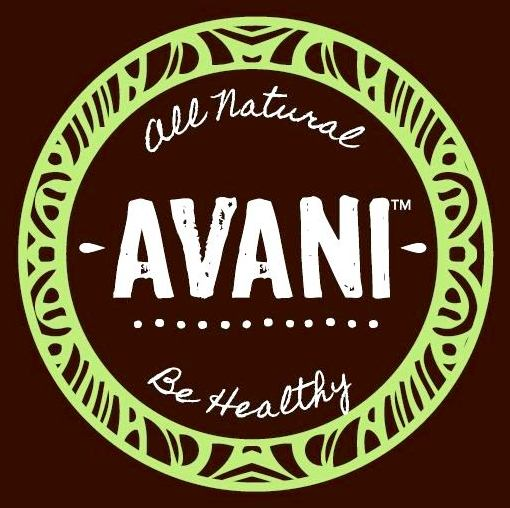Open Sesame! Sesamin, the sensational lignan from sesame seeds
Posted by Kevin Wild on
Did you know..."Open sesame"—the famous phrase from the Arabian Nights—reflects the distinguishing feature of the sesame seed pod, which bursts open when it reaches maturity.
One of the first oil seeds known to humankind, sesame seeds have been widely employed in culinary as well as traditional medicines for their nutritive, preventive, and curative properties. Sesame seeds are an important source of phyto-nutrients such as omega-6 fatty acids, flavonoid phenolic anti-oxidants, vitamins, and dietary fiber with potential anti-cancer as well as health promoting properties.
-
The seeds are especially rich in mono-unsaturated fatty acid, oleic acid, which comprises up to 50% fatty acids in them. Oleic acid helps lower LDL or "bad cholesterol" and increases HDL or "good cholesterol" in the blood.
-
The seeds are also very valuable sources of dietary protein with fine quality amino acids that are essential for growth, especially in children. Just 100 g of seeds provide about 18 g of protein (32% of daily-recommended values).
-
In addition, sesame seeds contain many health benefiting compounds such as sesamol (3, 4-methylene-dioxyphenol), sesaminol, furyl-methanthiol, guajacol (2-methoxyphenol), phenylethanthiol and furaneol, vinylguacol, and decadienal. Sesamol and sesaminol are phenolic anti-oxidants. Together, these compounds help stave off harmful free radicals from the human body.
-
Sesame is among the seeds rich in quality vitamins, and minerals. They are very good sources of B-complex vitamins such as niacin, folic acid, thiamin (vitamin B1), pyridoxine (vitamin B6), and riboflavin.
-
100 g of sesame contains 97 µg of folic acid, about 25% of recommended daily intake. Folic acid is essential for DNA synthesis. When given to expectant mothers during their peri-conception period, it may prevent neural tube defects in the newborns.
-
Niacin is another B-complex vitamin found abundantly in sesame. About 4.5 mg or 28% of daily-required levels of niacin is provided by just 100 g of seeds. Niacin helps reduce LDL-cholesterol levels in the blood. In addition, it enhances GABA activity inside the brain, which in turn helps reduce anxiety and neurosis.
-
The seeds are incredibly rich sources of many essential minerals. Calcium, iron, manganese, zinc, magnesium, selenium, and copper are especially concentrated in sesame seeds. Many of these minerals have a vital role in bone mineralization, red blood cell production, enzyme synthesis, hormone production, as well as regulation of cardiac and skeletal muscle activities.
Just a hand full of sesame a day provides enough recommended levels of phenolic anti-oxidants, minerals, vitamins and protein. Whats more?...the zinc content found in sesame seeds has been linked to an increase in sexual health, by helping to increase testosterone and sperm production
check out what Dr.Jacob Schor has to say about flax seeds vs sesame seeds.
http://www.denvernaturopathic.com/sesame.htm
for additional information on benefits of Sesame, check out the links below.
http://www.lifeextension.com/magazine/2008/1/sf_sesame/page-01
http://www.whfoods.com/genpage.php?tname=foodspice&dbid=84
References:
Kamal-Eldin A1, Moazzami A, Washi S.
Recent Pat Food Nutr Agric. 2011 Jan;3(1):17-29.
Whole sesame seed is as rich a source of mammalian lignan precursors as whole flaxseed.
Coulman KD, Liu Z, Hum WQ, Michaelides J, Thompson LU.
Department of Nutritional Sciences, Faculty of Medicine, University of Toronto, Toronto, ON, Canada.
Share this post
0 comment
